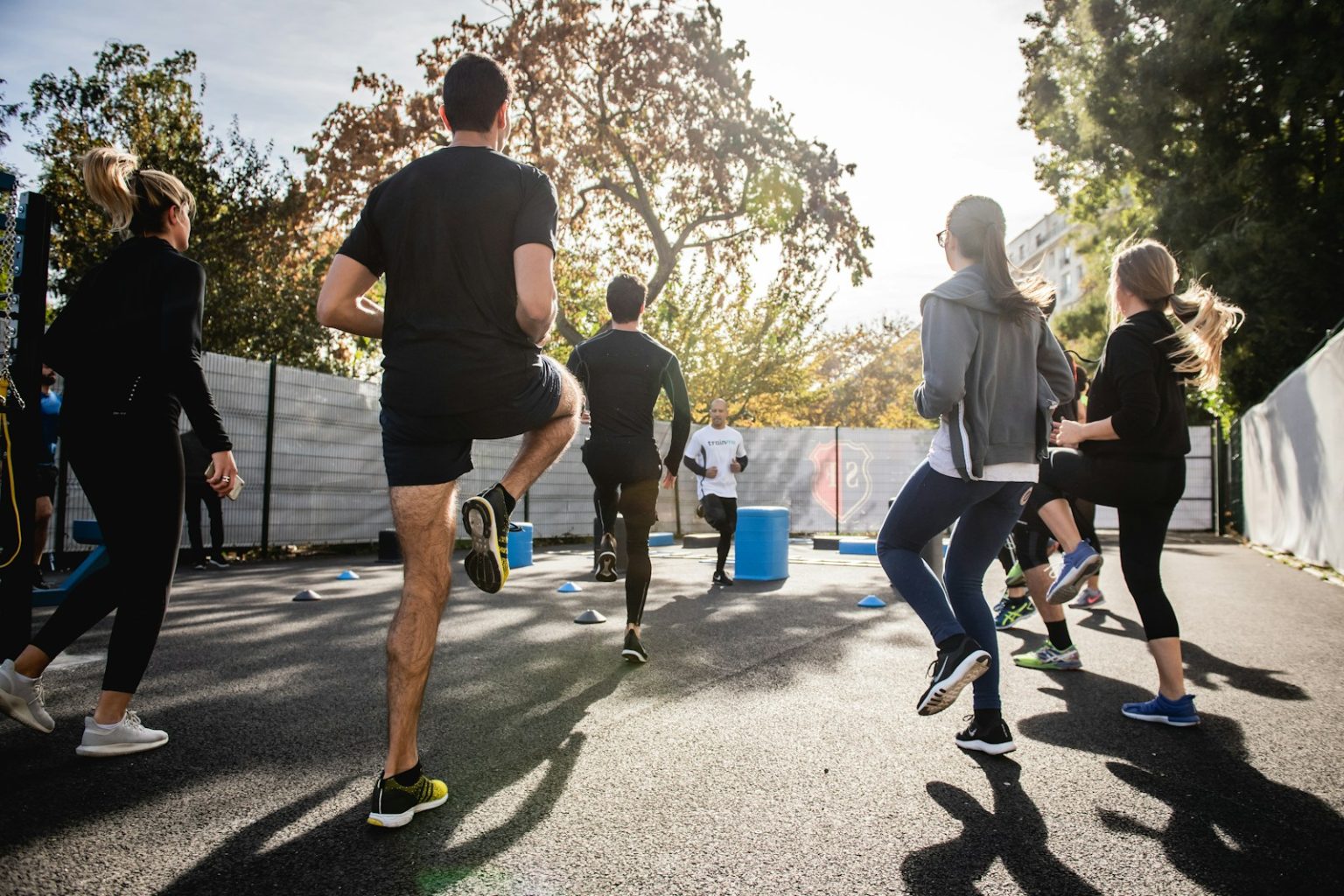The 75-Day Hard Challenge, a gruelling fitness trend that has taken social media by storm, continues to captivate millions. With over 44.7 million views on TikTok alone, this challenge demands strict adherence to a set of rules for 75 consecutive days. But as its popularity grows, so do questions about its benefits and potential risks. Fitness experts from the weight-loss programme Second Nature have examined the trend in detail, offering a balanced view on whether it is a worthwhile pursuit.
What Exactly is the 75-Day Hard Challenge?
The 75-Day Hard Challenge, often referred to simply as “75 Hard,” is not just a fitness regimen but a mental and physical endurance test. Participants must follow five strict rules every day for 75 days. Should they falter at any point, they must restart the challenge from day one, a daunting prospect that emphasises the challenge’s severity.
The rules are as follows:
- Follow a Strict Diet: Participants can choose their diet, but it must focus on physical improvement. No ‘cheat meals’ or alcohol are permitted throughout the challenge.
- Complete Two 45-Minute Workouts Daily: One of these sessions must take place outdoors, regardless of weather conditions.
- Drink One Gallon of Water a Day: This equates to nearly four litres daily, far exceeding the NHS recommendation of 1.2 litres.
- Take a Daily Progress Picture: Participants are required to document their physical transformation with a photograph each day, often shared on social media.
- Read at Least Ten Pages of a Book Daily: The aim here is to improve mental well-being, though audiobooks are not allowed.
The Perceived Benefits of the Challenge
Advocates of the 75-Day Hard Challenge often highlight its potential to instil discipline and foster positive habits. The combination of consistent physical activity, strict dieting, and daily reading can act as a powerful reset for those looking to overhaul their lifestyle. Many participants report noticeable physical transformations, and the daily challenges can help maintain focus and motivation, making it easier to stay on track with fitness goals.
The challenge’s structure also appeals to those who thrive on routine, as it requires commitment and perseverance. By pushing through the 75 days, participants may find that certain aspects of the challenge become more manageable over time, providing a sense of achievement and progress.
The Risks: Is It Too Much?
However, experts warn that the challenge is not without significant risks. Robbie Puddick, a registered nutritionist at Second Nature, cautions that while viral fitness trends can offer an initial burst of motivation, they often fall short in promoting long-term sustainable habits.
Dietary Restrictions and Mental Health: The challenge’s demand for a strict diet, devoid of cheat meals, may lead to an unhealthy relationship with food. This is particularly concerning for younger individuals who might be influenced by the transformations they see on TikTok. The emphasis on dietary restriction could encourage disordered eating patterns, especially in those who are more impressionable.
Excessive Exercise Requirements: Completing two 45-minute workouts each day might be achievable for some, but for many, it places undue stress on the body and mind. This aspect of the challenge fails to consider the diverse commitments people have, such as work or childcare. The pressure to meet these exercise goals daily can lead to burnout and potentially foster a negative mindset towards fitness.
Water Intake Concerns: The requirement to drink one gallon of water per day is another point of contention. While staying hydrated is essential, consuming such a large quantity of water in a short period can have adverse effects, such as lowering electrolyte levels, which could result in symptoms like fatigue and nausea.
Should You Take On the 75-Day Hard Challenge?
Given the stringent demands of the 75-Day Hard Challenge, it is crucial to approach it with caution. While it might be tempting to jump on the bandwagon of viral fitness trends, experts like Puddick suggest that the challenge may not be suitable for everyone, particularly teenagers and those prone to unhealthy relationships with food and exercise.
Instead of committing to an extreme regimen, fitness experts recommend setting more realistic and sustainable goals. For instance, gradually increasing daily steps or incorporating shorter, more manageable workouts can lead to long-term success without the pressure of rigid rules. This approach not only boosts motivation but also helps to establish healthy habits that are easier to maintain.
Puddick advises, “These viral fitness challenges can give you an initial boost of motivation, but they rarely work in the long term. It’s about discovering what works best for you and building healthy habits sustainably. Ignore the pressures of social media—they often cause more harm than good.”
In summary, while the 75-Day Hard Challenge might offer some benefits, it also carries significant risks. For those considering taking part, it is essential to weigh these factors carefully and prioritise long-term health and well-being over short-term gains.
For more information, visit SecondNature.io.

